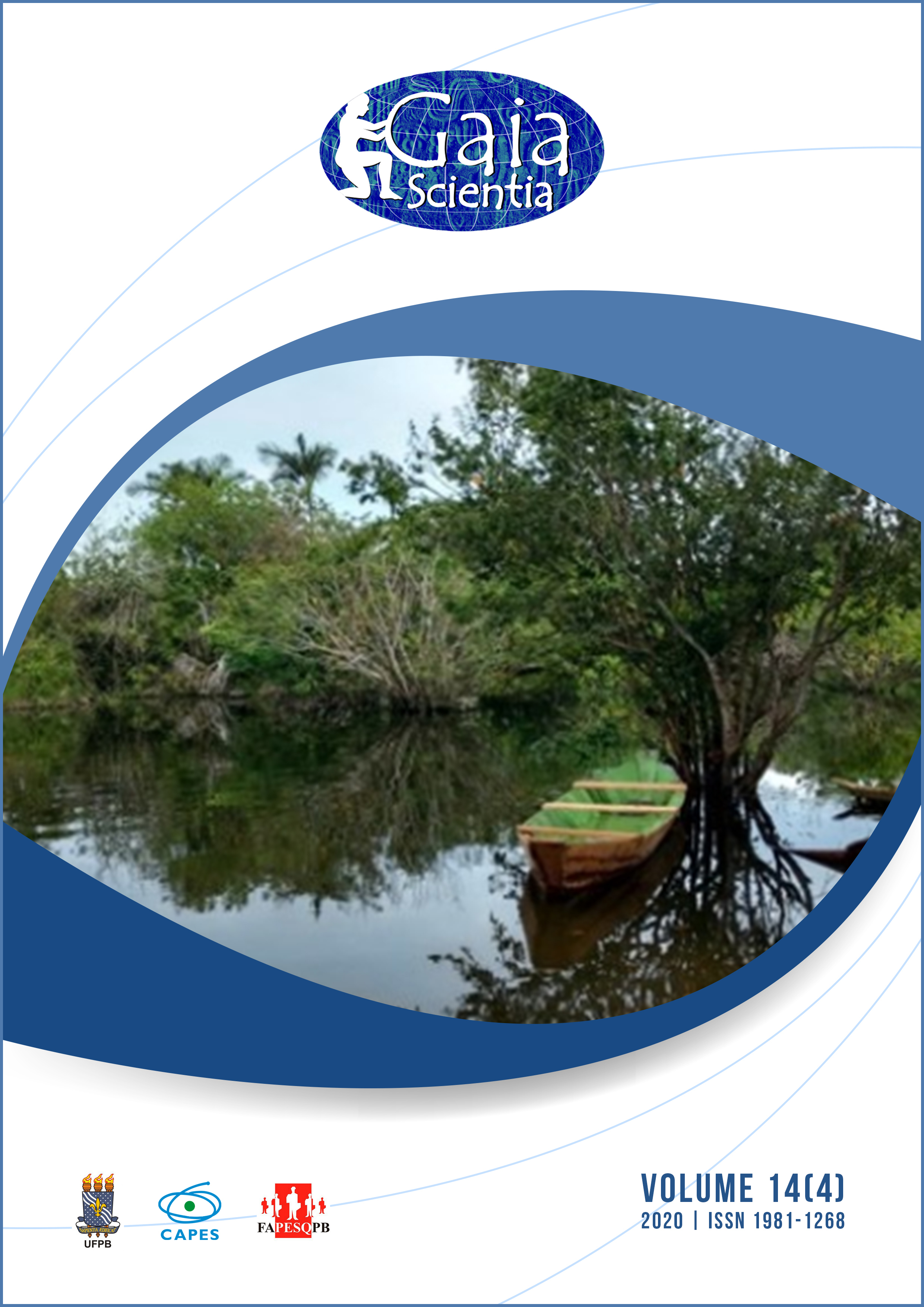Municipal markets: views on culture and territoriality in different regions of Brazil
DOI:
https://doi.org/10.22478/ufpb.1981-1268.2020v14n4.52758Abstract
Municipal markets have their origin related to fairs and the need to regulate these activities. Their primary function is supply, but they have historical, economic, political, cultural, social, environmental importance, as they portray the daily life of a given place and are subject to the transformations experienced by society. It is recognized that they have untapped potentialities, in addition to being the source of socio-productive territorial based arrangements that can lead to sustainable territorial development, so it is relevant to identify in what are the Aracaju, Belém and Curitiba municipal markets alike, analyzing them as socio-productive arrangements of territorial basis from the perspective of territoriality and culture, the objective of this essay. For this, exploratory research was conducted, using the literature review, documentary research and technical visits as pillars of development. It is concluded that the markets of Aracaju, Belém, and Curitiba are a complex of markets, that is, a sum of arrangements with different functions and audiences, and all of them have incorporated fairs on daily basis. They generate livelihoods, identity relationships, affection and participation; they recognize the given symbols and transform them, (re)territorializing them, and manifest the culture – local or globalized – in particular nuances.










